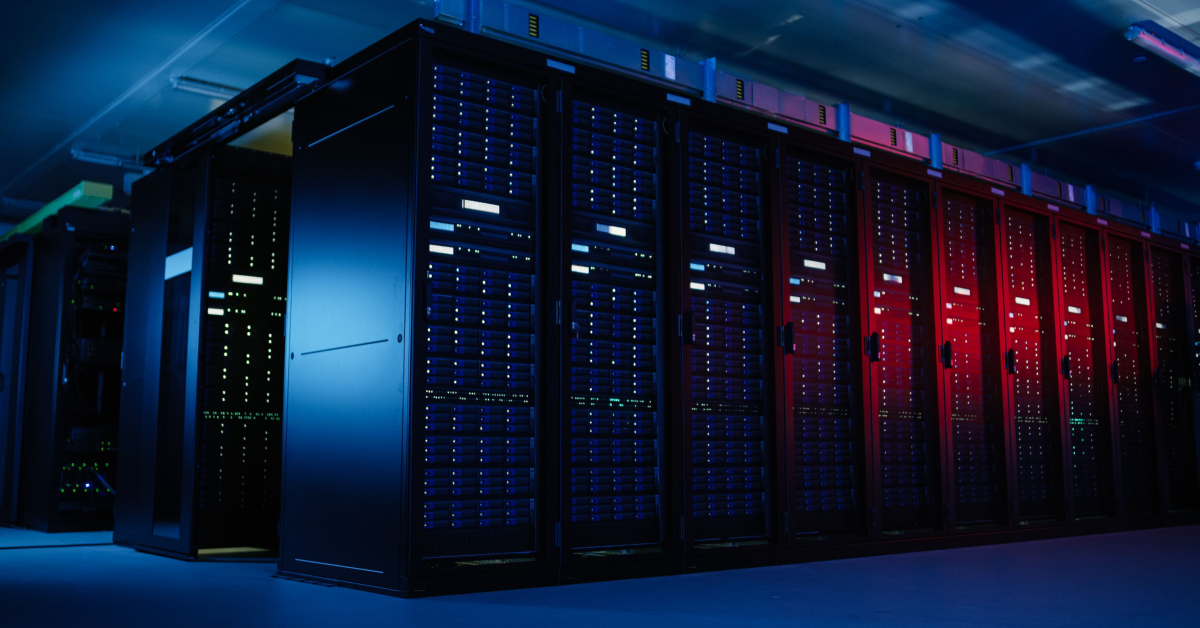There are numerous different kinds of data centers based on several factors, including how they are owned, energy efficiency, and technologies used. Here are just some of the main types of data centers:
Managed Tampa Data Centers
Managed data centers are third-party service providers that offer data storage, computing, and other relevant services to help run and manage an organization’s IT operations. They monitor, deploy, and manage the data center model. A managed data center can be either fully or partially managed and sourced from colocation facilities, cloud data centers, or fixed hosting sites.
A partially managed data center means that the organization has administrative control. However, a fully managed data center means all of the back-end data and technical details are controlled by the service provider.
Managed data centers as a whole are great for medium to large businesses. You don’t have to handle regular maintenance or security.
Enterprise Data Centers
Enterprise data centers are private facilities that directly support a single organization and their IT operations. This type of data center can consist of multiple centers located around the globe to support the organization’s key functions and can be situated on or off the premises depending on their convenience.
Being able to establish data centers in various global locations means their customers can receive faster, more efficient service.
These enterprise centers can have several sub-data centers.
Intranet centers control the data within the main enterprise center. They use the data for research, development, marketing, and other various functions. Extranet centers perform business-to-business transactions within the data center network. The company accesses these services through VPNs and private WANs.
Enterprise data centers are perfect for major enterprises planning on expanding globally, and who can afford to support multiple data centers at various locations. It can be a valuable asset to businesses who want to track power bandwidth utilization and allows them to scale their capacities accordingly.
Colocation Data Centers
Colocation data centers, aka “colo” is a facility that businesses can rent from data center owners in order to enable IT operations and support servers, devices, and applications. These data centers have become highly popular nowadays for organizations that can’t afford to build and manage their own data center, but still require one nonetheless. You can use numerous features like building, security, equipment, bandwidth, and cooling systems in a colocation data center. This allows them to connect network devices to various network and telecommunication service providers. Even if you rent space from a data center provider, your employees can continue to work within the space and connect with other company servers.
Colo data centers are ideal for medium to large businesses and allows you to support business growth by adding or removing servers and devices. They also give you the option of hosting your data center at several global locations in order to optimize your customer’s experience. They give you high reliability with extraordinary servers and computing power.
This allows you to save money because you don’t have to build multiple data centers at various locations from the ground up. Instead, you can rent the space that you need based on your budget and current needs. Forget about having to maintain the center on your own.
Cloud Data Centers
The other popular data center is the cloud data center. This center is a cloud service provider that manages the data center in order to support a business’ systems and applications. It is very similar to a virtual data center, however, it comes with even more benefits than the colocation data centers.
You may have heard of several cloud service providers: Google, Amazon, AWS, Microsoft Azure, Salesforce, and more. When data is uploaded to a cloud server, the service providers copy and split the data. They then store it in multiple locations in order to ensure that it will never get lost. Even if something goes wrong, they also backup your data so you won’t lose it.
There are two different kinds of cloud data centers – both public and private.
Public cloud providers such as AWS offer many resources throughout the internet to the general public. Private cloud providers, however, offer personalized cloud services to fit the needs of the user and give them singular access to private clouds.
Cloud data centers are great for almost any organization of any scale, and one of the most cost effective options out there. You only need to pay for what you use, and aren’t required to keep up with regular maintenance.
It offers a flexible pricing plan. You can go for a monthly subscription and be aware of your expenditure in an easier way.

